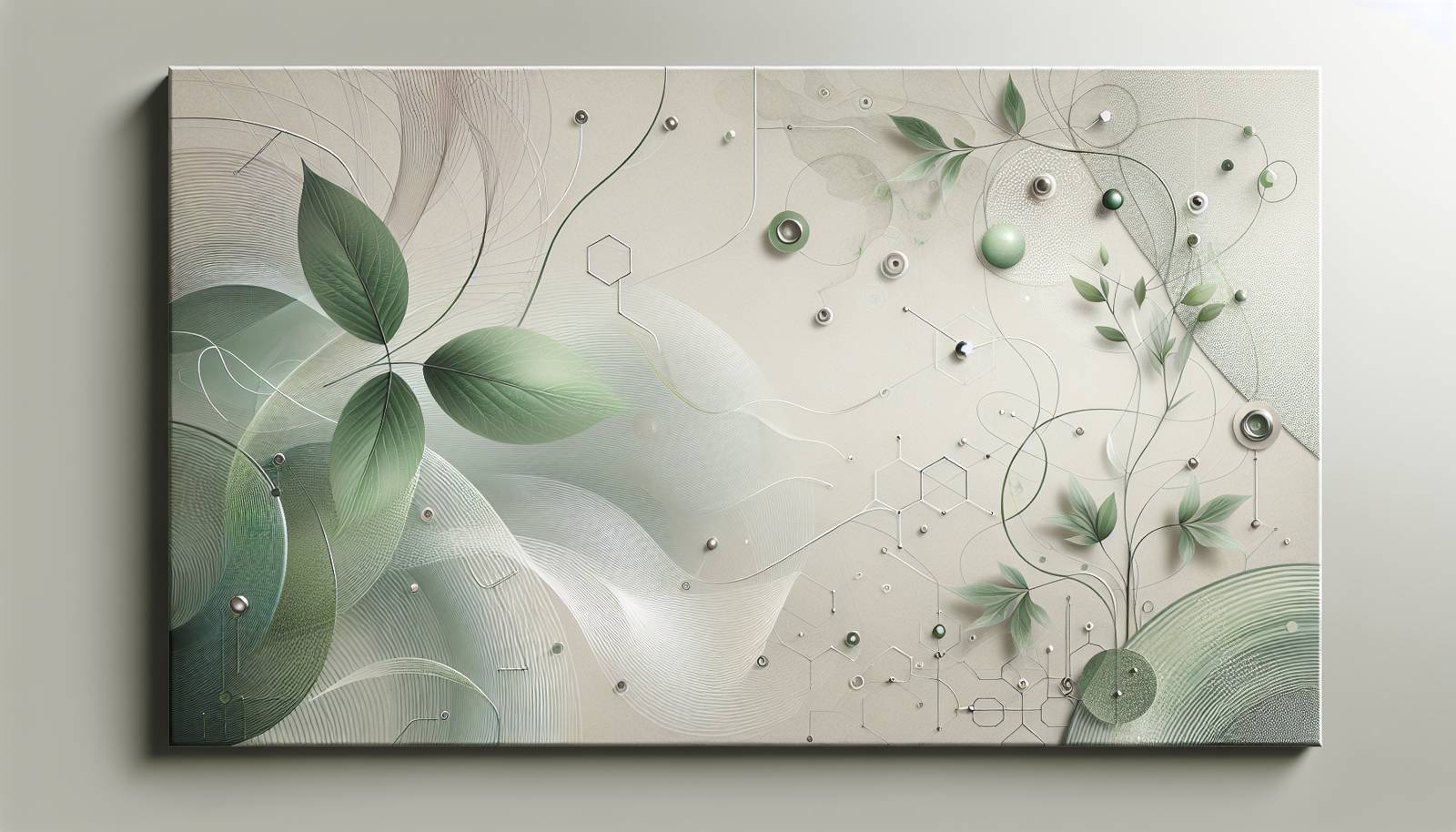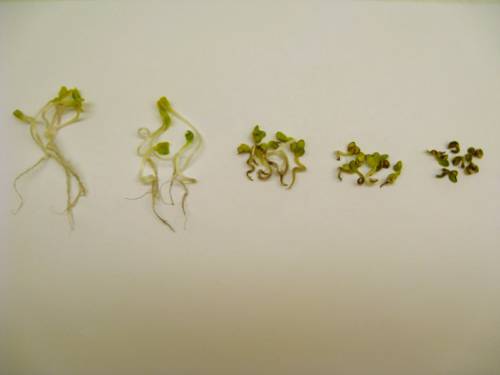
FAQ About Nanotechnology in Indoor Plant Care

What is nanotechnology's role in indoor plant care?
Nanotechnology involves manipulating materials on an atomic or molecular scale. In indoor plant care, it focuses on improving plant health and growth through enhanced nutrient delivery, pest control, and soil enhancement. By utilizing nanoparticles, plants can absorb nutrients more efficiently and resist pests more effectively.

How does nanotechnology improve nutrient delivery in plants?
Nanoparticles can precisely carry and release nutrients to plants, ensuring that vital nutrients are not wasted and are absorbed effectively. This improved delivery system results in better growth, more robust plants, and often a reduction in the amount of fertilizer required.

Are there specific nanomaterials used in plant care?
Yes, various nanomaterials such as silver nanoparticles, titanium dioxide, and zinc oxide are increasingly used in plant care. These materials can enhance nutrient absorption, provide antibacterial properties, and boost overall plant vigor.

Can nanotechnology help in pest control for indoor plants?
Nanotechnology offers innovative solutions for pest control by using nanoparticles to create pest repellents that are less toxic and more targeted than traditional chemicals. These nanoparticle-based solutions can efficiently deter or kill pests without harming the plant or the environment.

How safe is nanotechnology for indoor plant care?
Nanotechnology in plant care is generally considered safe when used correctly. Researchers ensure that these materials are environmentally benign and non-toxic to plants and humans. However, ongoing research is crucial to monitor any potential risks associated with long-term nanotechnology use.

What are the potential benefits of using nanotechnology in indoor plant care?
The benefits include enhanced nutrient uptake, effective pest and disease management, reduced chemical inputs, and improved plant growth. Nanotechnology can lead to healthier plants, more efficient resource use, and potentially lower maintenance costs in the long run.

Is nanotechnology-enabled plant care environmentally friendly?
Yes, it can be environmentally friendly. Nanotechnology aims to reduce the need for harmful chemicals and improve the efficiency of nutrient usage, which can lead to fewer environmental pollutants and a smaller carbon footprint in plant care practices.

Can nanotechnology affect the taste or nutritional value of edible plants?
While the primary goal of nanotechnology in plant care is to improve growth and health, there is potential for it to enhance the taste and nutritional value by optimizing nutrient uptake. However, studies are ongoing to ensure these enhancements do not adversely affect the plants or consumers.

Are there any ongoing studies about nanotechnology in plant care?
Numerous studies are underway globally, focusing on different aspects of nanotechnology in plant care, including its impacts on plant health, soil ecology, and environmental safety. These studies aim to refine and ensure the efficacy and safety of nanotechnology in agriculture and horticulture.

What challenges does nanotechnology face in plant care applications?
Challenges include ensuring the consistent and safe use of nanoparticles, understanding their long-term environmental impact, and addressing public concerns regarding their application. Regulations and guidelines are essential to overcoming these challenges and ensuring safe practices.

Is nanotechnology cost-effective for indoor plant growers?
While the initial investment may be higher, the cost-effectiveness becomes apparent through reduced chemical use, improved plant health, and higher yield quality over time. As the technology matures and becomes more widely adopted, costs are expected to decrease.

How can indoor gardeners start using nanotechnology for their plants?
Indoor gardeners can start by exploring nanotechnology-enhanced products such as fertilizers and pest control solutions available commercially. It's essential to follow the instructions carefully and consult with experts if needed to understand the best application practices.

What is the future outlook for nanotechnology in indoor plant care?
The future is promising with ongoing advancements likely leading to more efficient, sustainable, and ecological plant care solutions. Innovations in nanotechnology are expected to further enhance plant productivity, resilience, and resource efficiency.

Does nanotechnology interfere with natural plant growth processes?
Properly applied nanotechnology is designed to support rather than interfere with natural growth processes by optimizing nutrient absorption and enhancing plant defenses against diseases and pests.

Can all types of indoor plants benefit from nanotechnology?
Most indoor plants can benefit from the advantages of nanotechnology, particularly when it comes to enhanced nutrition and pest control. However, the specific benefits can vary based on plant species and individual plant needs.

How do nanoparticles compare to traditional fertilizers?
Nanoparticles offer more controlled and efficient nutrient delivery compared to traditional fertilizers, which can lead to less waste and environmental runoff. This targeted approach often results in higher nutrient uptake efficiency and can reduce the frequency and amount of fertilizer needed.

Are there any regulatory guidelines for using nanotechnology in plant care?
Regulatory bodies are developing guidelines to ensure the safe and effective use of nanotechnology in agriculture and horticulture. These guidelines focus on the safety of nanoparticles, their environmental impact, and the protection of human health.

Can nanotechnology reduce water usage in indoor plant cultivation?
By optimizing nutrient uptake and improving plant health, nanotechnology has the potential to reduce water stress and therefore might lead to reduced water usage. Healthy plants tend to use water more efficiently, which can be beneficial for indoor environments.

What types of nanotechnology products are available for indoor plant care?
There is a growing range of products including nanotech fertilizers, pest control solutions, and growth enhancers. These products are designed to improve plant performance and health while being safe and environmentally friendly.

Why is continuous research important in the field of nanotechnology for plant care?
Continuous research is vital to fully understand the long-term impacts, safety, and efficacy of nanotechnology applications in indoor plant care. It also helps in innovation and the development of new, more efficient, and smarter solutions for plant health and growth.
